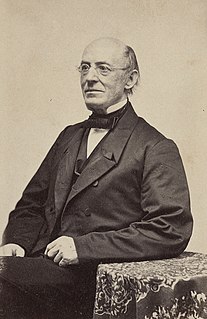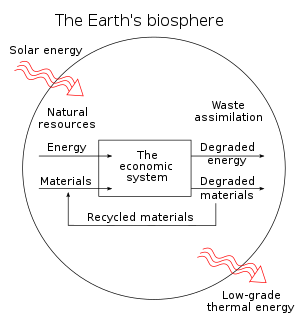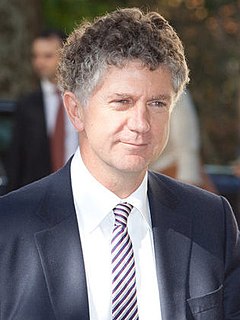A Quote by Robert Ardrey
Is it possible that the environmental severity of the 1930s induced-particularly in the most aware, alert, and compassionate of [British] men-a morality which makes no sense today?
Related Quotes
For decades, I thought that scientific truth, solid economic case studies, and common sense were enough to bring about change on the environmental front. After all, the data is so compelling! I thought that if people just understood the severity of today's environmental threats and knew about available solutions, those solutions would happen. Not so.
Morality makes stupid.- Custom represents the experiences of men of earlier times as to what they supposed useful and harmful - but the sense for custom (morality) applies, not to these experiences as such, but to the age, the sanctity, the indiscussability of the custom. And so this feeling is a hindrance to the acquisition of new experiences and the correction of customs: that is to say, morality is a hindrance to the development of new and better customs: it makes stupid.
We must alert and organise the world's people to pressure world leaders to take specific steps to solve the two root causes of our environmental crises - exploding population growth and wasteful consumption of irreplaceable resources. Overconsumption and overpopulation underlie every environmental problem we face today.
Examine the life of the best and most productive men and nations, and ask yourselves whether a tree which is to grow proudly skywards can dispense with bad weather and storms. Whether misfortune and opposition, or every kind of hatred, jealousy, stubbornness, distrust, severity, greed, and violence do not belong to the favourable conditions without which a great growth even of virtue is hardly possible?
Everywhere we remain unfree and chained to technology, whether we passionately affirm or deny it. But we are delivered over to it in the worst possible way when we regard it as something neutral; for this conception of it, to which today we particularly like to do homage, makes us utterly blind to the essence of technology.
The natural environment is not particularly hospitable to human life ... the key to having a good environment is improving it through work... . Energy is fundamentally an environmental improver and if we classify it that way it makes sense out of a lot of these controversies... . It's our obligation and our right to make [our environment] as good for human beings as possible. With that view, it's very easy for people to understand precisely the reason it's good to alter it - because it doesn't naturally come the way we need it to be.
There seems to be a sense in the British media that prime ministers enjoy going to war. They do not. The decision to send British soldiers into battle is the worst and most stomach-churning senior politicians have to take. It makes them wake up in the middle of the night in a cold sweat worrying if they have done the right thing.
What's the difference? How can people be so inconsistent? Why is it that free immigration was a good thing before 1914 and free immigration is a bad thing today? Well, there is a sense in which that answer is right. There's a sense in which free immigration, in the same sense as we had it before 1914 is not possible today. Why not?




































